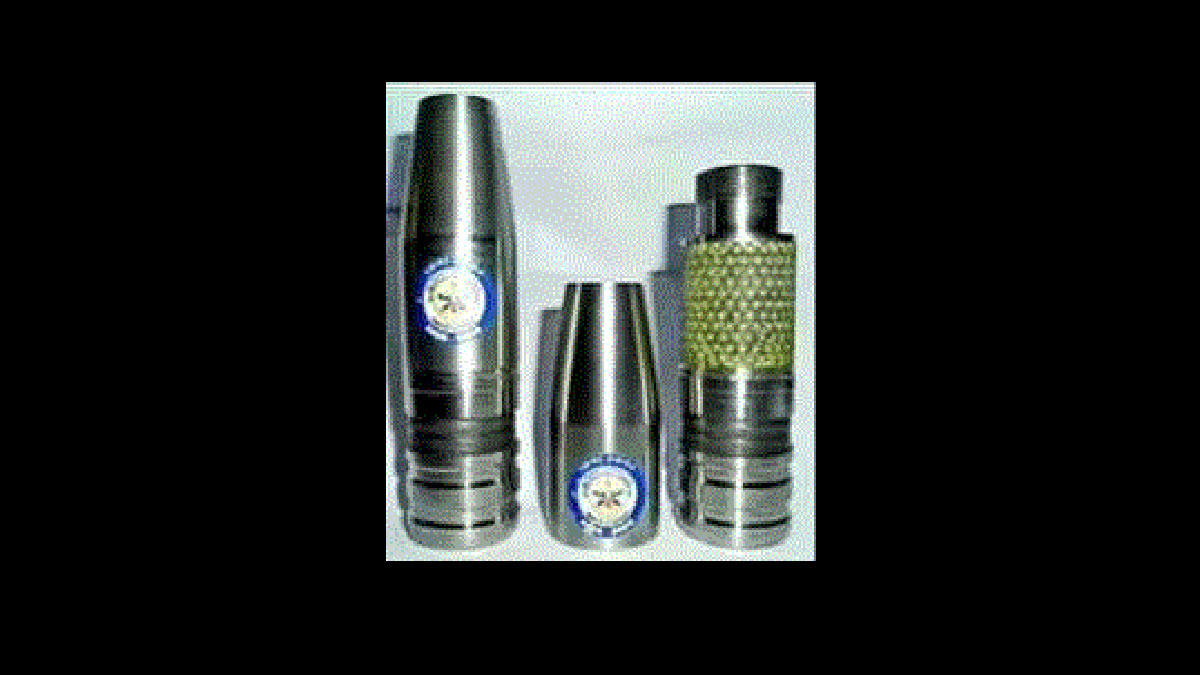Defence Research and Development Organisation (DRDO) handed over the production document of 30mm high-explosive preformed fragmentation (HEPF) shell to the Director General of Naval Armament Inspection (DGNAI), in Pune.
Developed by the Armament Research and Development Establishment (ARDE), these shells will further boost the combat capability of the Indian Navy against drones.
According to a defence ministry release, the test results confirmed the suitability of HEPF shell for its adaptation in AK 630 Gun. The features of HEPF shell are similar to the in-service ammunition (HE/I Shell) so that it can be fired from the existing AK-630 Naval gun.
ALSO READ: Indian Navy's P8I on its first-ever deployment in Europe, to take part in 'Exercise Varuna'
The AK-630 is deployed on aircraft carriers, frigates, destroyers, and fleet tankers. It is a fully automatic naval close-in weapon system designed primarily for defense against aircraft, helicopters, and anti-ship missiles.
The HEPF shell yields better fragmentation lethality than HE/I shell, making it effective for the neutralisation of drone swarms. When fired, these high-power shells produce nearly 600 metal shrapnel pieces that can travel up to 850 metres per second.
These shells enhance the IAF's ability to defend against drone swarms and neutralise potential threats.
READ MORE: After INS Arighaat, India's nuclear arsenal to get bigger with two more submarines
The HEPF shell hardware was manufactured by three Indian firms as per ARDE specifications and subjected to gun firing proof tests in association with Naval Armament Inspectorate, Jabalpur.
“The significance of the anti-drone shell is high against the backdrop of recent drone attacks on Indian ships in the Gulf of Aden and the Indian Ocean Region. Apart from the exisiting anti-drone system on the ships, the commanding officer will have another option at their disposal to counter drone threat," TOI had recently quoted a Naval officer as saying.


